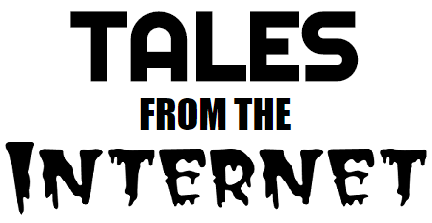Misdiagnosed Epilepsy
As a very young doctor in training, I misdiagnosed a woman with epilepsy. Some years prior she had sustained a gunshot wound to the frontal area, damaging the underside of one of her frontal lobes and severing an optic nerve to one of her eyes, as well as some of the muscles that rotated that eyeball. Surgery saved her life but the frontal lobe was scarred and the eye was blinded and always pointed down and at an angle away from her nose.
A few years after that she began having spells of a bizarre sensation, altered awareness, a pounding in the chest, and she had to sit down, stop what she was doing, and couldn’t speak. These were odd spells and I assumed she had developed frontal lobe epilepsy from the scar on her brain. Increasing doses of anti-seizure drugs seemed to work initially, but then the spells came back.
A couple years after my diagnosis her endocrinologist, who treated her for diabetes mellitus, checked a thyroid. It was super-high. The spells were manifestations of hyperthyroidism. She drank the radioactive iodine cocktail which ablated her thyroid, got on thyroid replacement therapy, and felt well thereafter. No permanent harm done and she was able to come off the anti epilepsy drugs.
She was obese – not the typical skinny hyperthyroid patient – and if she developed thyroid eye disease, I couldn’t tell because her one eye was already so messed up. I see how I screwed it up, but in retrospect, I have never been sure what I could have done differently, except test her thyroid at the outset of treatment. Hence, a lot of patients – thousands – have had their thyroid checked by me since then. Every so often I pick up an abnormality and it gets treated.
The lady was an employee of the hospital where I trained and I ran into her one day; she gave me a hug and let me know how this had all gone down. She made a point of wanting me to know she didn’t blame me “because I always seemed to care about her and what happened to her.”
I think about her, and how I screwed up her diagnosis and set back her care, almost every day. I am a much better diagnostician now but I always remember this case and it reminds me not to get cocky or be too sure that my working diagnosis is correct.
